How Can Data Tracking Improve Business Decisions & Insights?
Summarize this article with:
✨ AI Generated Summary
Data tracking enables businesses to make informed decisions by collecting and analyzing key metrics across customer behavior, operations, market trends, and financial performance. It offers benefits such as improved efficiency, proactive issue resolution, and enhanced strategic planning, but also presents challenges like data privacy, security, quality management, and the need for skilled personnel.
- Popular tools include CRM systems, website analytics, marketing automation, BI tools, and data warehousing platforms.
- Data integration platforms like Airbyte simplify connecting multiple data sources with features like pre-built connectors, centralized management, and Change Data Capture for efficient data handling.
- Effective data tracking transforms business operations by uncovering insights that drive growth, innovation, and competitive advantage.
Making smart choices is crucial for any business. But how do you know what decisions to make when you lack clear information about your data? Traditionally, companies relied on intuition or guesswork, which can be risky. This is where data tracking comes in.
The article will explain how data tracking can help improve business decisions and insights. You'll explore what kind of information can be tracked and the popular tools that make this process easier.
What is Data Tracking?
Data tracking is the process of collecting and analyzing specific metrics about your business. By gathering this information, you can better understand your customers, how your operations function, and more.
For instance, gym management software collects customer data to help gym owners segment their clientele and tailor marketing strategies to retarget or retain them.
Data tracking isn't just about collecting random information; it focuses on certain important metrics that provide actionable insights.
Types of data you can track
Here's a breakdown of the different types of data you can track:
Customer Data
It includes gathering website behavior (clicks, visits, dwell time), purchase history, demographics, and social media interactions. By understanding your customers' habits and preferences, you can tailor your marketing strategies and improve their overall experience. Using customer data insights can lead to personalized interactions and targeted campaigns, enhancing engagement and loyalty.
Operational Data
The operational data delves into your business’s inner workings. You can track production metrics, inventory levels, employee performance, and resource allocation. Analyzing this data helps identify inefficiencies and bottlenecks, allowing you to optimize your processes and boost productivity. Further, utilizing operational data enables proactive decision-making, streamlining operations and driving cost savings across the organization.
Market Data
This broadens your view of the external landscape. You can track industry trends, competitor analysis, economic indicators, and customer sentiment toward your brand. Staying informed about market shifts and opportunities will allow you to make strategic adjustments and remain ahead of the competition. Incorporating market data insights facilitates agile business techniques, enabling swift responses to changing dynamics and positioning your organization for sustained growth.
Financial Data
This encompasses various financial metrics such as revenue, expenses, profit margins, cash flow, and financial forecasts. Tracking financial data provides crucial insights into the financial health and performance of the organization. By analyzing financial data, you can identify areas of revenue growth, cost-saving opportunities, and potential risks. Additionally, financial data analysis enables informed decision-making regarding budget allocation, investment strategies, and pricing adjustments. With a clear understanding of financial metrics, you can optimize financial resources, mitigate risks, and drive sustainable financial growth.
What are the Benefits of Data Tracking?
By shedding light on various aspects of your company’s operations, data tracking offers a multitude of benefits:
- It enables you to make informed decisions based on real-time insights and trends, leading to better outcomes and strategic planning.
- By tracking processes, workflows, and resource utilization, you can identify inefficiencies and streamline operations for increased productivity and cost savings.
- Data tracking allows you to anticipate issues and address them proactively before they escalate, leading to smoother operations and improved customer satisfaction.
- It also fosters you to monitor performance metrics and key performance indicators (KPIs) in real time, allowing for timely adjustments and optimizations to achieve goals and objectives.
What are the Challenges of Data Tracking?
While data tracking offers a powerful way of navigating your business, it is not without its challenges. Here are some hurdles that you might come across:
- Data Privacy Concerns: When collecting information about your customers, you must ensure ethical collection practices and transparent communication about how their data is used. Failing to address privacy concerns can erode trust and potentially lead to legal repercussions.
- Security Measures: Cybersecurity threats are always present, so implementing strong security measures like encryption and access controls is crucial. A data breach can affect your company’s reputation and expose your customer data to risk.
- Quality Management: "Garbage in, garbage out" also applies to data tracking. Only accurate or consistent data can lead to accurate insights and good business decisions. Developing a data quality management strategy ensures the accuracy and consistency of your data, making your analysis reliable.
- Data Overload: With so much information at your fingertips, it's easy to get bogged down and miss the key insights. Learning to prioritize data, utilize filtering techniques, and leverage data visualization tools can help you navigate the data deluge and extract valuable insights.
- Skilled Workforce: Data tracking is about knowing how to interpret and utilize it effectively. Developing a competent workforce with the necessary expertise in analysis can be challenging. Investing in training or hiring data specialists can bridge this gap.
Data Tracking Tools & Technologies
You can utilize various tools and technologies for data tracking. These include:
Customer Relationship Management (CRM) Systems
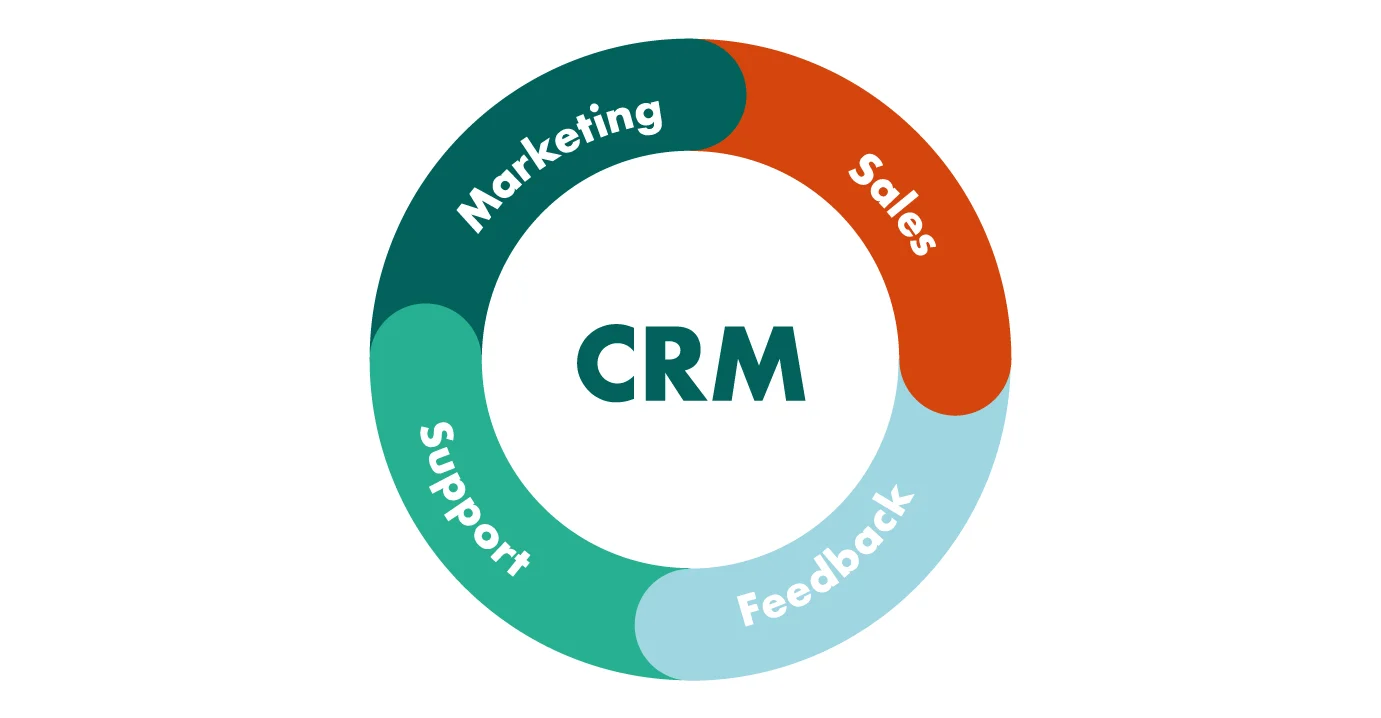
These platforms act as a central hub for all your customer data. They hold interactions with your sales and support teams, purchase history, and even preferences gleaned from surveys or social media interactions. CRM systems enable you to track individuals and identify broader trends and segments within your customer base.
Website Analytics Tools
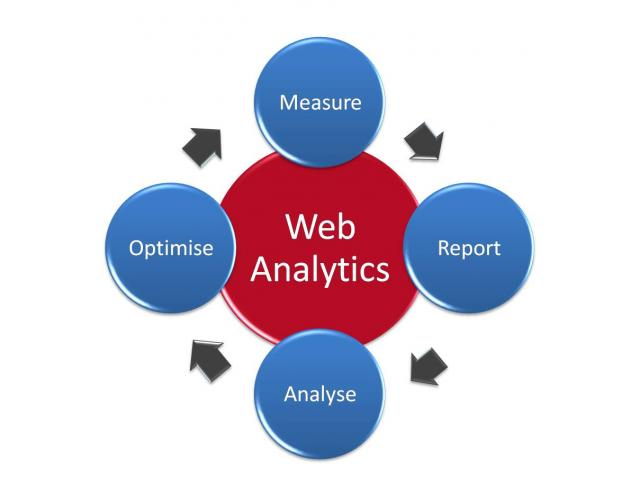
The tools provide deep insights into how visitors interact with your website. They help you track and provide metrics like website traffic, user behavior (clicks, page views, time spent), and the effectiveness of your marketing campaigns. Think of Google Analytics as a window into your online store, revealing which products customers are browsing, where they navigate within the site, and times when they might be abandoning the purchase process.
Marketing Automation Platforms
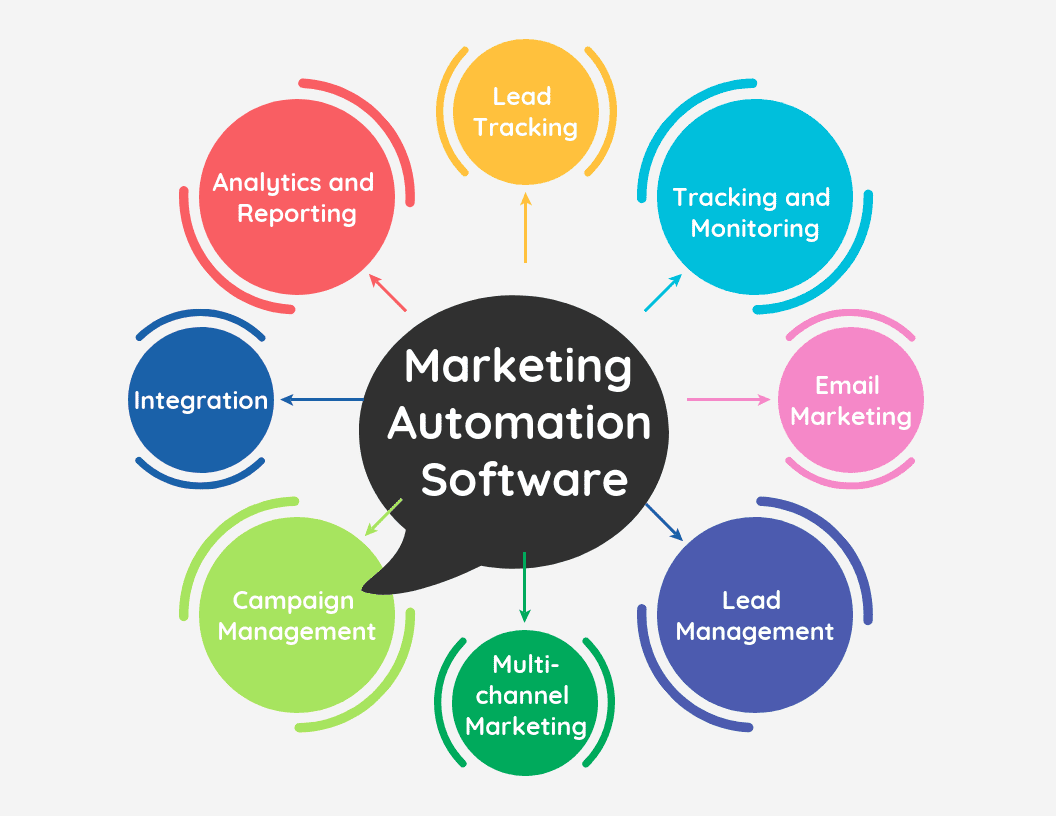
These platforms streamline your marketing efforts by automating redundant tasks such as email marketing or social media scheduling. But they also offer powerful data-tracking capabilities. Marketing automation platforms track the performance of your campaigns and provide statistics, allowing you to see which messages work with your audience and which ones need improvement.
Business Intelligence (BI) Tools
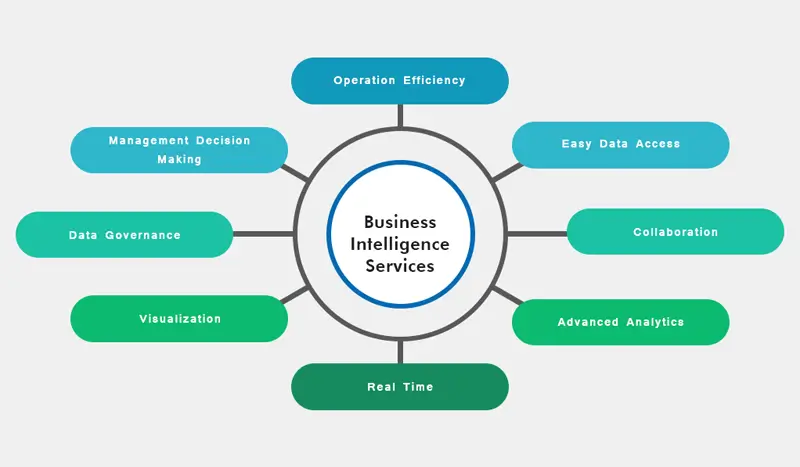
While the tools mentioned above track specific data points, BI tools at presentation. They facilitate data visualization in the form of charts, graphs, and dashboards, helping you identify trends and patterns within your data. BI tools are like translators, taking the raw data collected from various sources and presenting it clearly and visually compellingly. This allows you to spot trends and make informed decisions quickly.
Data Warehousing
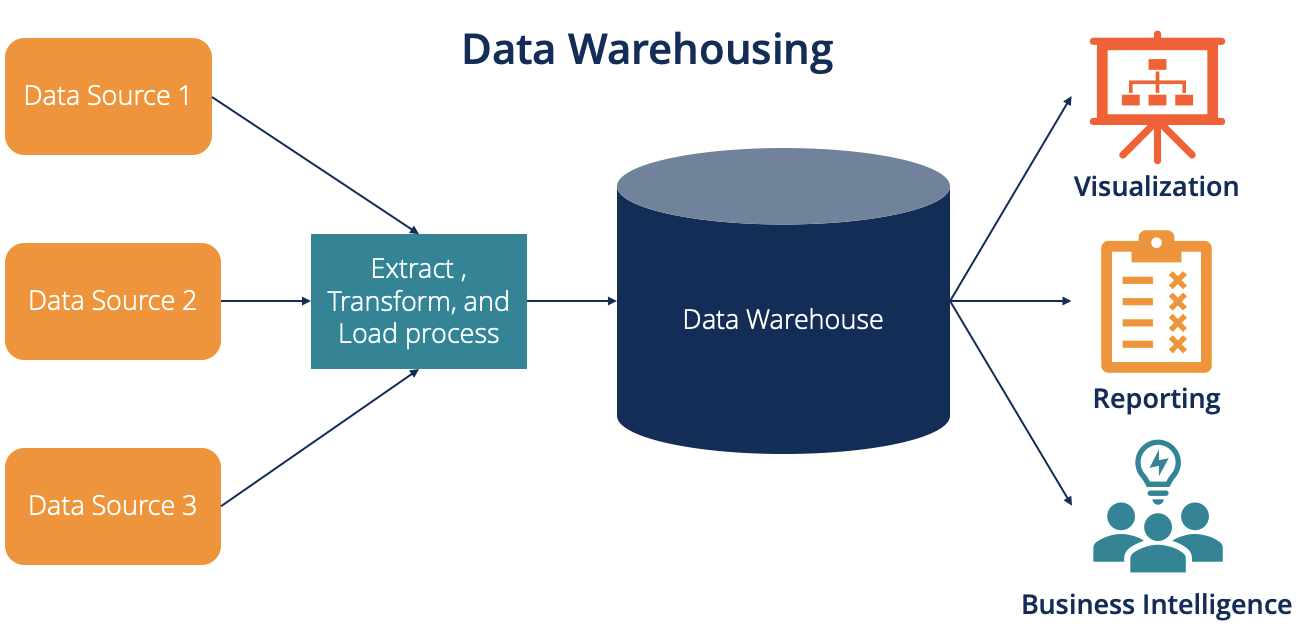
Data warehousing acts as a centralized repository for data from sources, including CRM systems, website analytics tools, and marketing automation platforms. However, extracting and loading important data points from these disparate sources into a central location can be complex and challenging. This is where data integration platforms like Airbyte come in.
Airbyte simplifies the process by automating data movement between various sources and destinations as it supports popular data warehouses like Snowflake and BigQuery.
Enhance Data Tracking with Data Integration Tool like Airbyte

Airbyte is a data integration platform that bridges the gap between various data sources and destinations. It allows you to connect to a range of applications, databases, and cloud storage solutions like PostgreSQL, Amazon S3, etc
Here's how Airbyte simplifies data tracking and beyond:
- Pre-built Connectors: Airbyte provides a vast library of over 350+ pre-built connectors for popular data sources and destinations. This eliminates the need for complex custom coding, allowing you to easily connect to the data sources that matter most to your business.
- Airbyte Connector Development Kit (CDK): While the pre-built connectors cover a wide range, Airbyte empowers you with even greater flexibility through its Connector Development Kit (CDK). The CDK allows custom connectors to be built for unique data sources without a pre-built option. This ensures you can track data from virtually any application, extending the reach of your data-tracking efforts.
- Centralized Management: With Airbyte, you can track the health of your data pipeline, configure settings, and manage all your collections from a central dashboard. This reduces complexity and streamlines data integration workflows. In addition, you can also integrate with Datadog to monitor and analyze your pipelines at no additional cost.
- Change Data Capture (CDC): Airbyte supports Change Data Capture (CDC) for particular sources. CDC allows you to capture only the incremental changes in your data since the last update, minimizing data transfer and improving efficiency, especially for large, constantly evolving datasets.
- Leveraging Python for Flexibility: For developers who prefer the Python programming language, Airbyte offers PyAirbyte. PyAirbyte is a Python library that provides a way to interact with Airbyte connectors directly within your Python code, offering additional flexibility for developers familiar with Python.
Conclusion
Data tracking is a game-changer for businesses. It helps to see things more clearly and make smarter decisions. But it's not just about technology—it's about changing how your business works.
When your business starts tracking data, it is not just collecting information but opening doors to new opportunities. You can use certain data to spot trends, find valuable insights, and grow stronger by being open to change and thinking ahead. Looking forward, the real power of data tracking lies in how your business utilizes the tracked data. Employing it to guide your decisions can help you lead in fields, drive innovation, and shape the future.
